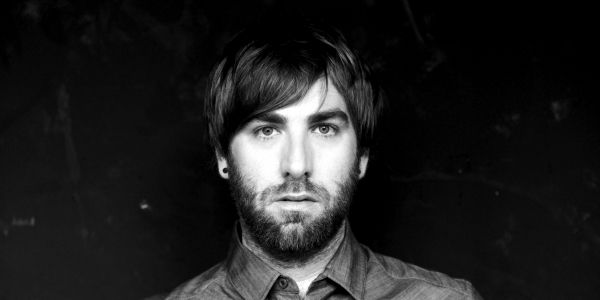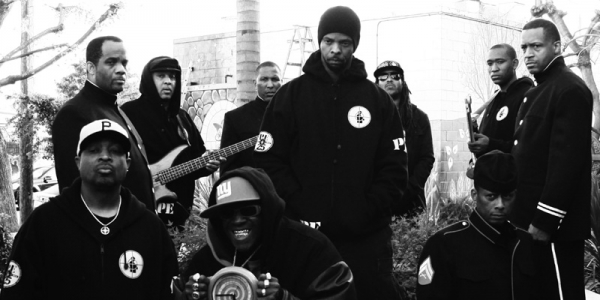“Well, it’s been amazing,” he gushes when I ask him whether the uniformly great reviews for Only Sparrows have been overwhelming. “It’s one of those funny things; I love the record, obviously, and I wouldn’t release something if I didn’t feel 100 percent about it. So to have that feeling reinforced from people I don’t know … to be honest, reviews can be pretty harsh, so it’s been amazing! I had a fair bit of struggle making the record and it makes it more worthwhile having that kind of critical acclaim for it.”
The acclaim Only Sparrows has received is well warranted. Brimming with soulful and gorgeous instrumentation as well as deeply defined and poetic lyrics, this is a thinking person’s record. Thoughtful, poignant … not a moment of it is wasted. An avid reader, Pyke does sometimes find his literary ruminations woven into his music from time to time. “I sometimes don’t even notice,” he admits when I ask him if his reading lends itself to influencing his music, “but sometimes it’ll be a couple of years later, where I’ll go, ‘Oh right, I was referencing something or the other.’ For instance, back when I wrote Factory Fires, I had read this book about this old iron mining town in the state, just old and run-down and the people in the town – nobody had a job.
“I subconsciously got influenced by the imagery of a town like that and when I wrote [Factory Fires] I realised I was kind of visualising the characters as I visualised them in the book!”
It was having been brought up in a musical household that first awoke Pyke’s awareness of the power of song. His mum was a singer and accomplished pianist, whilst his father was “this music nut, he always had an amazing record collection,” recalls Pyke. “I took piano lessons when I was a kid, but it wasn’t until I was about 12, 13 years old that I realised I wanted to actually perform. But the thing that really got me into music was an emotional response that I felt through songs, and I could feel it. It was something that I became addicted to, like listening to my parents’ record collection and just getting really engrossed in the stories that were being told in the songs and how certain cadences would make me feel joy, or sadness, or whatever.
“And I remember being six and bursting into tears at a song, and realising that I was getting these emotional responses, and it was just a really addictive feeling!”
At the urging of some primary school chums, Pyke joined his first band. “They asked me because they knew I could sing,” Pyke says. “We did one show, and I was literally hooked. I liken it to what it must be like if you’re a naturally good athlete and you don’t necessarily know you can do something and then all the sudden you’re playing soccer and you realise you have these natural skills!” he laughs loudly. “Cause I was never really good at anything, and then it was like, ‘Wow, I can do this!’”
With his national tour coming up rather quickly, and then self-imposed exile to begin writing a new record, I ask Pyke about his writing process. Were there any lessons he’s learned since the composing of Only Sparrows, and is he planning to employ any new songwriting methods?
“I’ve always like experimenting, but the one thing I’ve never enjoyed [is] writing with an agenda,” he ponders thoughtfully. “The thing that’s always worked for me is to just sit around and wait for lightning to strike. I don’t think that’s ever going to change, it’s kind of what keeps me on my toes and keeps me in a permanent state of anxiety about writing songs because you never know where they’re gonna come from! I really believe that all my best songs are the ones that have come from an unexplainable place, like I can’t explain how I wrote them, I can’t remember how I wrote them! Middle Of The Hill was like that; I still don’t remember writing that song, or how it happened.”
Then, I posit, he must go through life with eyes wide opened, so as to not miss anything? “Yeah!” he exclaims. “Once I got this weird hand-written letter from this guy in Japan, and he was basically explaining how he thought these people on TV were out to get him, and they were out to get me in Japan. I mean … that’s crazy. And he had compiled this playlist (pretty good playlist too, I must add) that would protect me from these people. My partner was like, ‘Oh my god, this poor guy, you should get in touch with him and see if you can help him,’ and my initial thought was, ‘Wow, this would make a great song!’”
BY THOMAS BAILEY

